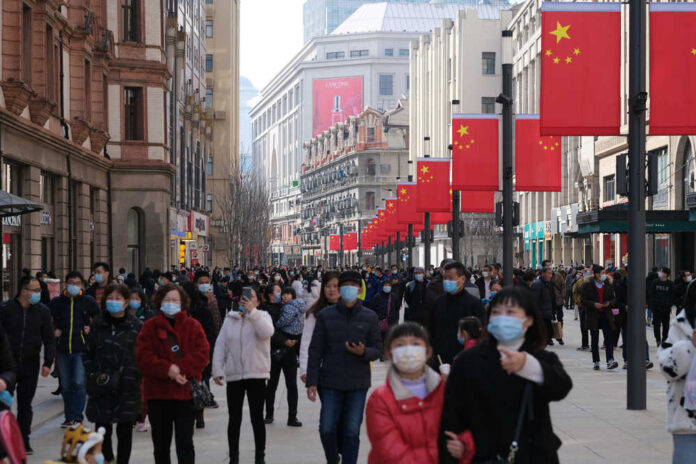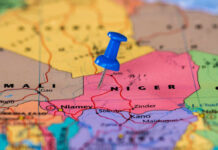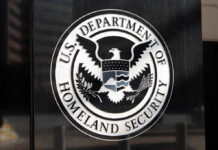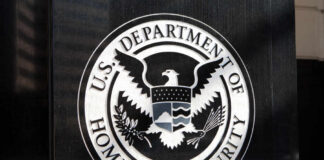
China ended its “Zero-COVID” policy over the weekend, leading to a surge of travelers coming into the country. Most of those coming into the country was looking forward to reunions with loved ones they had not seen since the beginning of the pandemic.
Land and sea ports of entry between mainland China and Hong Kong were opened on Sunday for the first time in nearly three years. The Communist Chinese Party (CCP) has ended mandates that incoming travelers subject themselves to quarantine.
The CCP’s Zero-COVID policy was said to have protected the 1.4 billion people living in China but came at a high human cost as the population was essentially cut off from the outside world.
The Beijing government began the process of relaxing pandemic restrictions over the last month in response to a series of widespread protests against the harsh COVID policy. Residents were subjected to frequent mandatory testing and were restricted from most normal movements inside the country. Many cities saw mass lockdowns that damaged social and economic life in untold ways.
The Hong Kong international airport experienced long lines at check-in counters for all flights into mainland China on Sunday. The most popular destinations included Beijing, Tianjin and Xiamen.
Hong Kong resident Teresa Chow told Newsmax that she was thrilled and excited to be able to see her parents for the first time in years.
She said, “My parents are not in good health and I couldn’t go back to see them even when they had colon cancer, so I’m really happy to go back and see them now.”
Global investors are hoping the opening of travel in and out of China will breathe life back into the world’s second-largest economy.
After 3 years of #lockdown, #China has #reopened its borders with Hong Kong & lifted the requirement for incoming #travellers to #Quarantine. This marks the end of China's zero-COVID policy, which had kept its 1.4 billion people cut off from the rest of the world. pic.twitter.com/01cc3CCqmc
— Travel and Hospitality (@tnhmagazine) January 9, 2023
Meanwhile, health officials warn of a new wave of infection that could overwhelm hospitals and disrupt businesses. In addition, the extreme lockdown measures have likely harmed general immunity that usually occurs through infection and recovery.
The reopening of China’s borders coincides with the beginning of the 40-day celebration of the Lunar New Year. The travel related to the celebration is typically the busiest in the world each year.
Many Chinese citizens are also planning to restart international travel. Popular vacation destinations Thailand and Indonesia are expected to see a significant boost in tourism. However, travel experts say that international flight schedules will take some time to return to pre-pandemic levels. As a result, the travel and leisure industry may have a slower recovery than it would otherwise.
Chinese health officials held a press conference over the weekend at which they said they would not rule out the possibility that emergency restrictions could be imposed if COVID infection numbers spike as travel resumes.

















